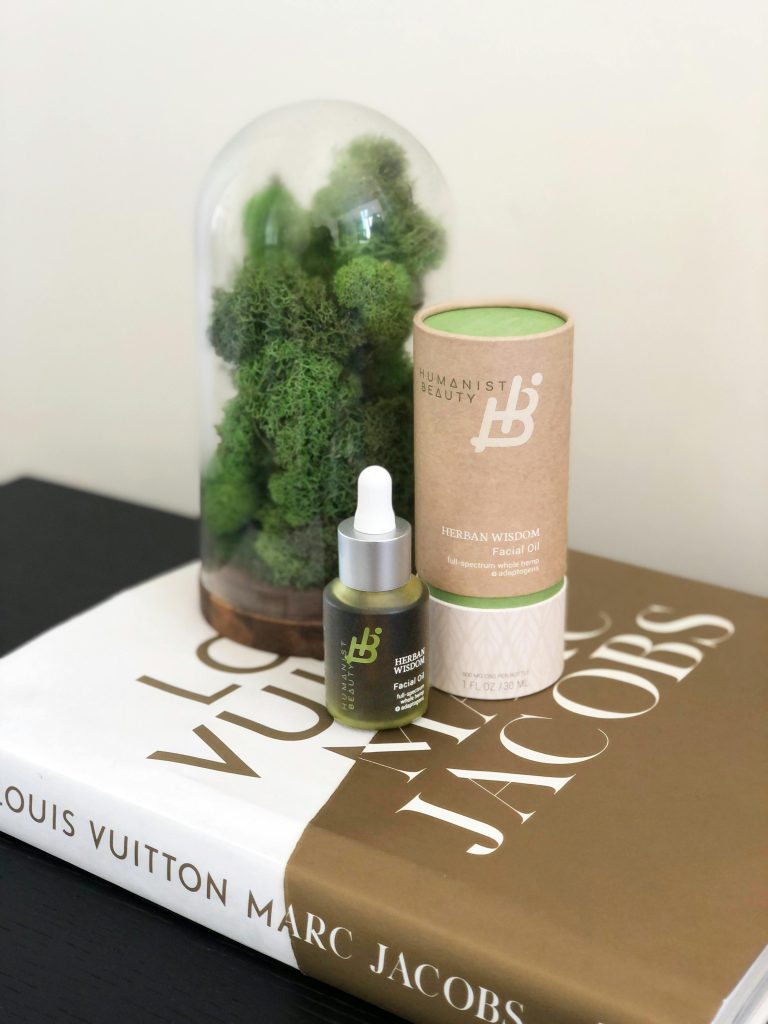Table of Contents
In recent years, the beauty industry has witnessed a transformative shift towards plant-based beauty products. Driven by rising consumer demand for natural and ethical alternatives, this trend reflects broader cultural changes in attitudes towards health, sustainability, and animal welfare. From skincare to makeup, plant-based beauty products are increasingly gaining prominence, as consumers seek out formulations that align with their values and preferences. This article explores the growth of plant-based beauty products, the factors driving this trend, their impact on the industry, and the future outlook.

Understanding Plant-Based Beauty Products
Plant-based beauty products are formulated with ingredients derived from plants, herbs, and natural sources. These products avoid synthetic chemicals, animal-derived ingredients, and potentially harmful additives. Instead, they harness the power of botanical extracts, essential oils, and natural compounds to provide beauty benefits.
Several key attributes define plant-based beauty products:
- Natural Ingredients: These products feature ingredients such as plant oils, botanical extracts, and minerals. Common examples include aloe vera, chamomile, green tea, and jojoba oil.
- Cruelty-Free: Plant-based beauty products are often cruelty-free, meaning they are not tested on animals. This ethical stance resonates with consumers concerned about animal welfare.
- Eco-Friendly: Many plant-based beauty brands prioritize eco-friendly practices, including sustainable sourcing, biodegradable packaging, and reducing their environmental footprint.
- No Synthetic Additives: These products avoid synthetic chemicals, parabens, sulfates, and artificial fragrances, appealing to consumers seeking gentler and safer options.
Factors Driving the Growth
- Consumer Demand for Natural Alternatives: There is a growing preference for natural and organic beauty products as consumers become more aware of the potential risks associated with synthetic chemicals. The desire for products that are perceived as safer and healthier has driven the demand for plant-based options.
- Increased Awareness of Ethical and Sustainable Practices: Consumers are increasingly concerned about the ethical implications of their purchases. Plant-based beauty products align with values of animal welfare, sustainability, and environmental responsibility. Brands that emphasize cruelty-free and eco-friendly practices resonate with conscious consumers.
- Rise of Clean Beauty Movement: The clean beauty movement advocates for transparency in ingredient sourcing and formulation. Plant-based beauty products often fit within the clean beauty framework, offering simple, recognizable ingredients that are free from harmful additives.
- Influence of Social Media and Celebrity Endorsements: Social media platforms and celebrity endorsements have played a significant role in popularizing plant-based beauty products. Influencers and celebrities frequently promote their favorite plant-based brands, driving awareness and consumer interest.
- Health and Wellness Trends: The broader health and wellness trend has influenced the beauty industry, with consumers seeking products that contribute to overall well-being. Plant-based beauty products are often perceived as part of a holistic approach to health, emphasizing natural and nourishing ingredients.
Impact on the Beauty Industry
- Market Expansion: The plant-based beauty market has experienced significant growth. According to market research, the global plant-based beauty market is expected to continue expanding, driven by increasing consumer demand and the proliferation of plant-based brands.
- Innovation and Product Development: The rise in popularity of plant-based beauty products has spurred innovation in product development. Brands are exploring new plant-based ingredients, developing innovative formulations, and creating high-performance products that rival traditional options.
- Increased Competition: The growing interest in plant-based beauty products has led to increased competition among brands. Established beauty companies are expanding their product lines to include plant-based options, while new brands are emerging with a focus on natural and sustainable beauty.
- Retail and Distribution: Plant-based beauty products are becoming more widely available in various retail channels, including specialty stores, online platforms, and mainstream retailers. This increased accessibility is making it easier for consumers to find and purchase plant-based beauty products.
- Consumer Education: As the plant-based beauty market grows, there is an increasing emphasis on educating consumers about the benefits and efficacy of plant-based ingredients. Brands are investing in transparent labeling, ingredient education, and marketing to inform consumers about the advantages of plant-based beauty products.

Challenges and Opportunities
- Ingredient Sourcing and Sustainability: While plant-based beauty products offer numerous benefits, sourcing and sustainability can be challenging. Ensuring responsible cultivation, fair trade practices, and minimizing environmental impact are critical considerations for brands in the plant-based beauty sector.
- Effectiveness and Performance: Some consumers may question the effectiveness of plant-based products compared to traditional formulations. Brands must focus on research and development to ensure that plant-based products deliver comparable or superior performance and results.
- Price Point and Accessibility: Plant-based beauty products can sometimes be more expensive than conventional options due to the cost of sourcing high-quality ingredients and sustainable practices. Brands need to address price points and strive to make plant-based beauty products accessible to a broader audience.
- Regulatory Compliance: Compliance with regulations and certifications related to plant-based and organic claims can be complex. Brands must navigate regulatory requirements and ensure accurate labeling to maintain consumer trust and avoid legal issues.
- Consumer Skepticism: Despite the growing popularity of plant-based beauty products, some consumers may remain skeptical about the efficacy and authenticity of these products. Addressing skepticism through transparency, education, and evidence-based claims is essential for building credibility and trust.
Future Outlook
- Continued Growth: The plant-based beauty market is expected to continue growing as consumers increasingly seek out natural and ethical alternatives. The demand for plant-based products is likely to expand across various segments, including skincare, makeup, and personal care.
- Innovation in Ingredients and Formulations: Ongoing research and innovation will drive the development of new plant-based ingredients and formulations. Advances in biotechnology and sustainable practices will further enhance the efficacy and sustainability of plant-based beauty products.
- Increased Focus on Transparency and Education: Transparency in ingredient sourcing, formulation, and manufacturing practices will remain a key focus. Brands will continue to educate consumers about the benefits of plant-based beauty products and the importance of ethical and sustainable practices.
- Expansion into New Markets: The plant-based beauty trend is likely to expand into new geographic markets, reaching consumers worldwide. Emerging markets and regions with growing awareness of natural and ethical products will present opportunities for growth.
- Integration with Wellness Trends: Plant-based beauty products will continue to integrate with broader wellness trends, including holistic health, mindfulness, and self-care. This alignment with overall well-being will enhance the appeal and relevance of plant-based beauty products.

Conclusion
The growth of plant-based beauty products reflects a significant shift towards natural, ethical, and sustainable beauty solutions. Driven by consumer demand for healthier alternatives, increased awareness of environmental and ethical issues, and the influence of social media, plant-based beauty products are reshaping the industry. As the market continues to expand, brands will need to address challenges, seize opportunities, and innovate to meet the evolving needs and preferences of consumers. The future of plant-based beauty holds promise for continued growth, innovation, and positive impact on both the beauty industry and the broader environment.